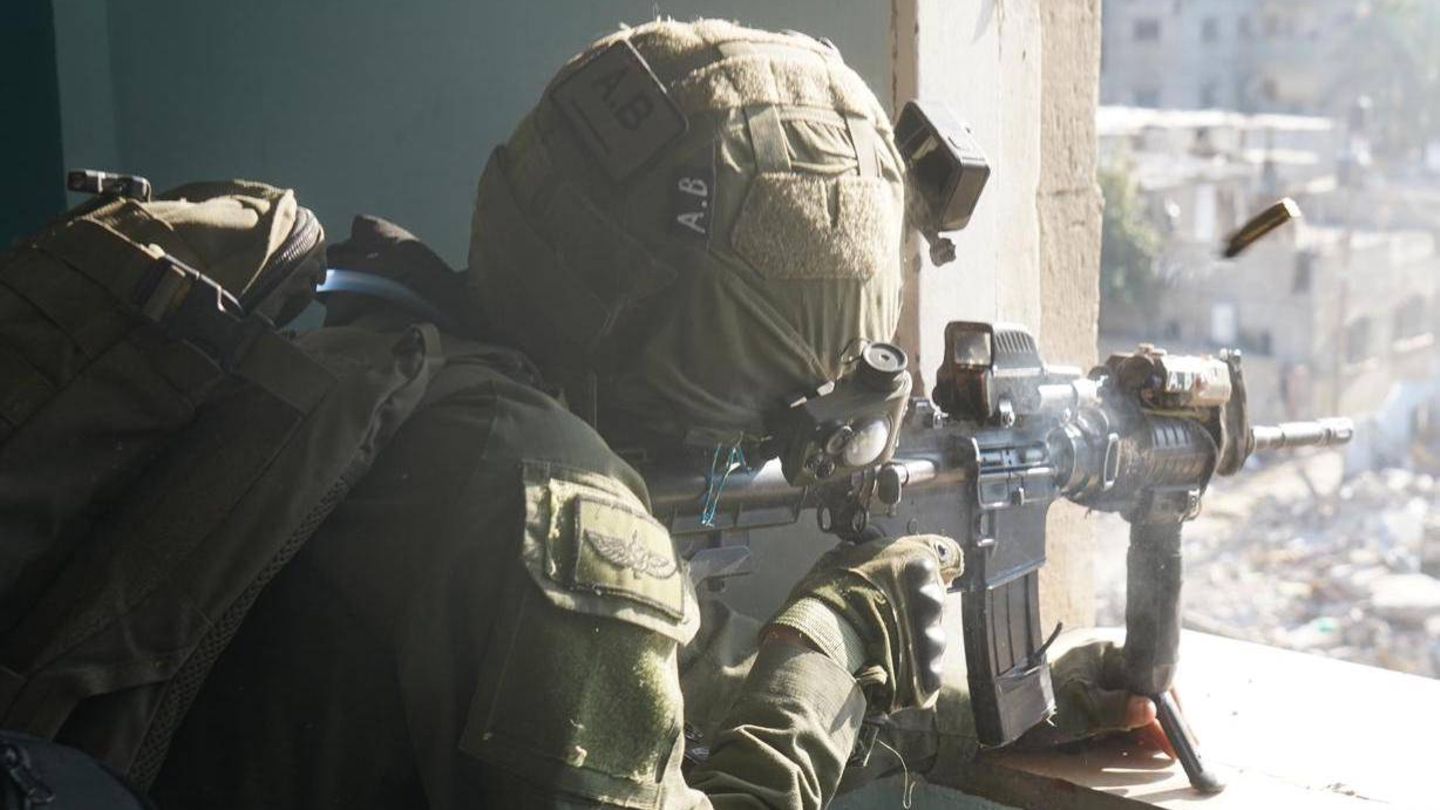The UN Security Council could speak out in favor of a continued ceasefire in the Gaza Strip. This is made possible by a change of course in the USA.
The UN Security Council will vote on a resolution calling for an immediate and lasting ceasefire in the Gaza war, diplomats said. The discussion on the draft resolution submitted by the USA was scheduled for this Friday morning (9:00 a.m. local time/2:00 p.m. CET). If the resolution is approved, it would be the first time since Israel’s military operation against the Islamist Hamas began in early October that the United Nations’ most powerful body has spoken out in favor of a continued ceasefire in the Gaza Strip.
The background is a change of course by the USA towards Israel. Since the beginning of the war, Washington, Israel’s closest ally, has opposed the word “ceasefire” and vetoed resolutions three times. In view of the increasing number of civilian casualties and the threat of famine in parts of the coastal strip, the USA is now increasing pressure on Israel.
UN Security Council on ceasefire in Gaza
According to diplomats in New York, it was unclear whether the resolution would be adopted. Russia, the veto power, recently expressed criticism of the text, among other things because, according to Moscow, it did not call for a ceasefire clearly enough.
Fighting in the Middle East
In ruins: This is what the north of the Gaza Strip looks like after seven weeks of war
The draft resolution emphasizes the “need for an immediate and lasting ceasefire to protect civilians on all sides and to enable the delivery of critical humanitarian assistance and alleviate human suffering.” The Security Council fully supports ongoing international efforts to “achieve such a ceasefire coupled with the release of all remaining hostages,” the text continued. There should be no expulsion of civilians and the “systematic destruction of civilian infrastructure” is rejected.
Five states could veto the resolution
A resolution in the UN Security Council needs the votes of at least 9 of the 15 member states. In addition, there may be no veto from the permanent members USA, Russia, China, France or Great Britain. Security Council resolutions are binding under international law. If an affected state ignores them, the body can impose sanctions. However, it is unclear how great the impact of a decision would be on the Israeli government of Prime Minister Benjamin Netanyahu.
The text of the resolution speaks of “great concern” for the civilian population there in view of Israel’s planned offensive in the city of Rafah in the south of the Gaza Strip. Hundreds of thousands of internally displaced people have sought protection there because of the fighting.
The document also said that the vision of a two-state solution in the Middle East must be adhered to. To achieve this, the Gaza Strip and the West Bank should be united under the control of the Palestinian Authority.
Source: Stern
I have been working in the news industry for over 6 years, first as a reporter and now as an editor. I have covered politics extensively, and my work has appeared in major newspapers and online news outlets around the world. In addition to my writing, I also contribute regularly to 24 Hours World.




